The most extreme punishments for PC gaming cheats and pirates
When developers throw the book at rulebreakers.

As human beings, we may be moving beyond the brutal and irreversible punishments of the past towards fairer and kinder societies. But as gamers, we all love to see cheaters served justice—boiling hot, freezing cold, or in whatever elaborate fashion the developer has cooked up for them.
Over the years, game studios have devised many cruel and unusual methods for disposing of cheats and pirates—reviving ancient punishments, inventing horrors of their own, or taking advantage of technology’s capacity to be cold and unforgiving. Some of them probably say more about the jeering onlookers than the victims, but hey—it’s not us in the stocks today.
Roma Victor’s crucifixions
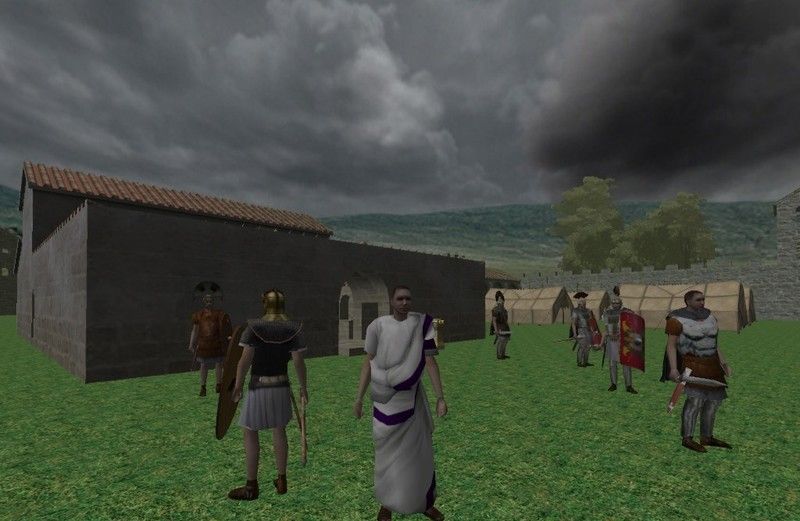
Roma Victor was an ambitious MMORPG set during the Roman Empire's last days in Britain. You could play as the Romans or the Barbarians, and the game featured a 30x30km slice of the country to fight over. It was a pretty boring game by all accounts, but it had a few neat ideas—particularly in how it dealt with cheaters and other badly behaved players.
Instead of being banned, these players' characters would be literally crucified. Lawbreakers' avatars would be hung up on a cross in a very public place, where other players could jeer and throw stuff at them. The first ever crucified player was Cynewulf, a 27-year-old electrical engineer from Flint, Michigan who was caught ganking new players. For his crimes, he hung on the cross for seven days.
Roma Victor only lasted five years, closing for good in 2010, but the legacy of its, uh, unique method of dealing with cheaters has secured its place in PC gaming history. — Andy Kelly
Fall Guys' cheater island
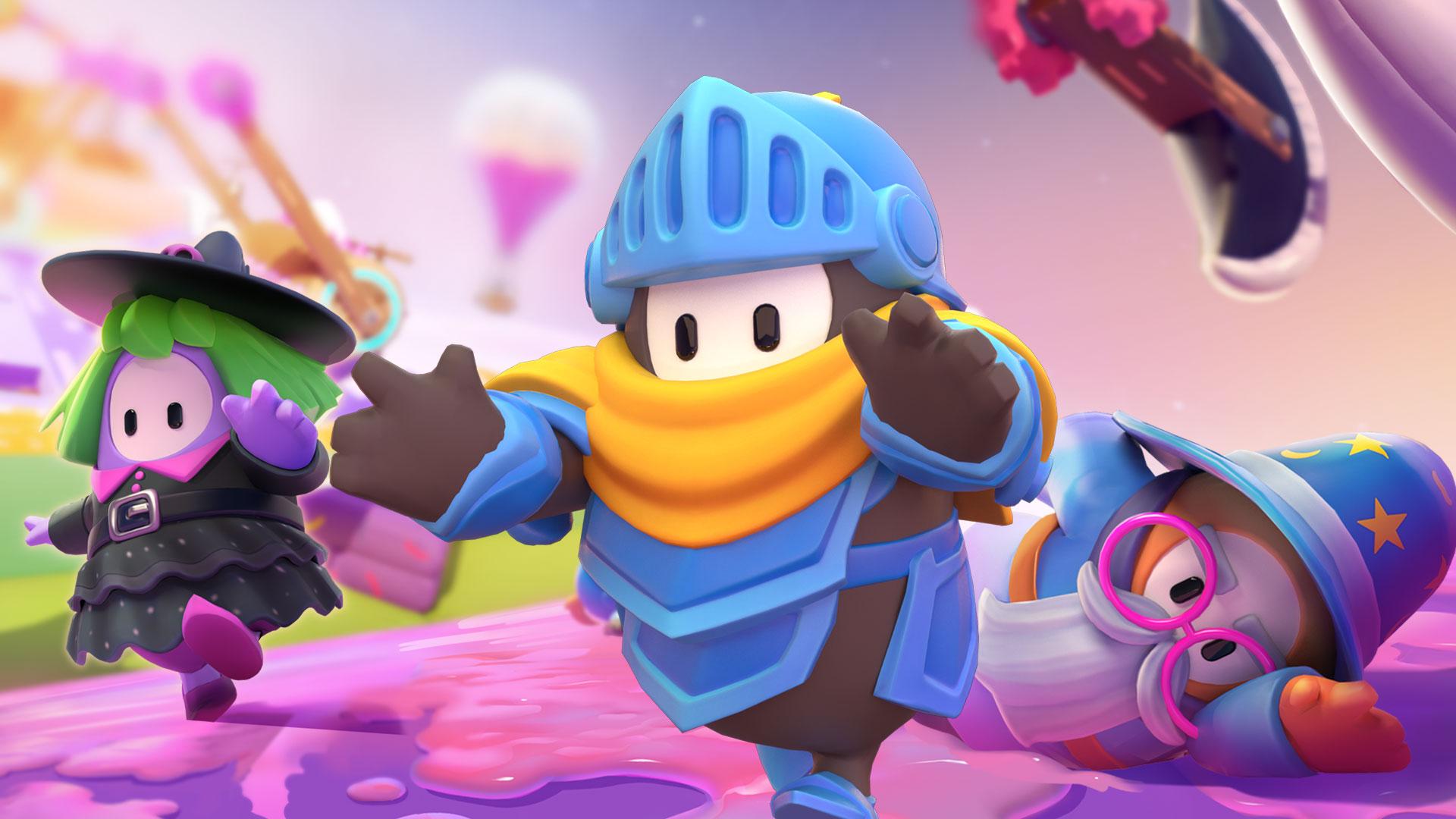
Once there was the fabled Cheater Island, a place as cutthroat as any prison, for it was a dedicated server to hold all crooks and pit them against each other, rendering their flying and speed cheats ineffective. Or so the legend goes, spread by the official Fall Guys Twitter account in response to videos that surfaced on Reddit.
Here's another video that we think is Cheater IslandThe person recording isn't cheating...Either they didn't cheat, just for the video...Or it's a genuine server and a legit player...Either way, it makes the game look bad pic.twitter.com/wxTyIA9UrrSeptember 14, 2020
Mediatonic's cheater-filled servers were a band-aid during times when cheating was still a manageable problem—the numbers were often so low offenders would get stuck in matchmaking, perpetually falling through the sky, because there weren't enough of them to populate a server. With the game's growing popularity, however, Mediatonic abandoned its fighting fire with fire approach and went for something more traditional—now Fall Guys is using Epic's Anti Cheat solution, stopping cheaters from logging in altogether. But other developers persist: earlier this year Infinity Ward created similar cheater arenas for Call of Duty: Warzone. — Malindy Hetfeld
The biggest gaming news, reviews and hardware deals
Keep up to date with the most important stories and the best deals, as picked by the PC Gamer team.
Runescape's Botany Bay
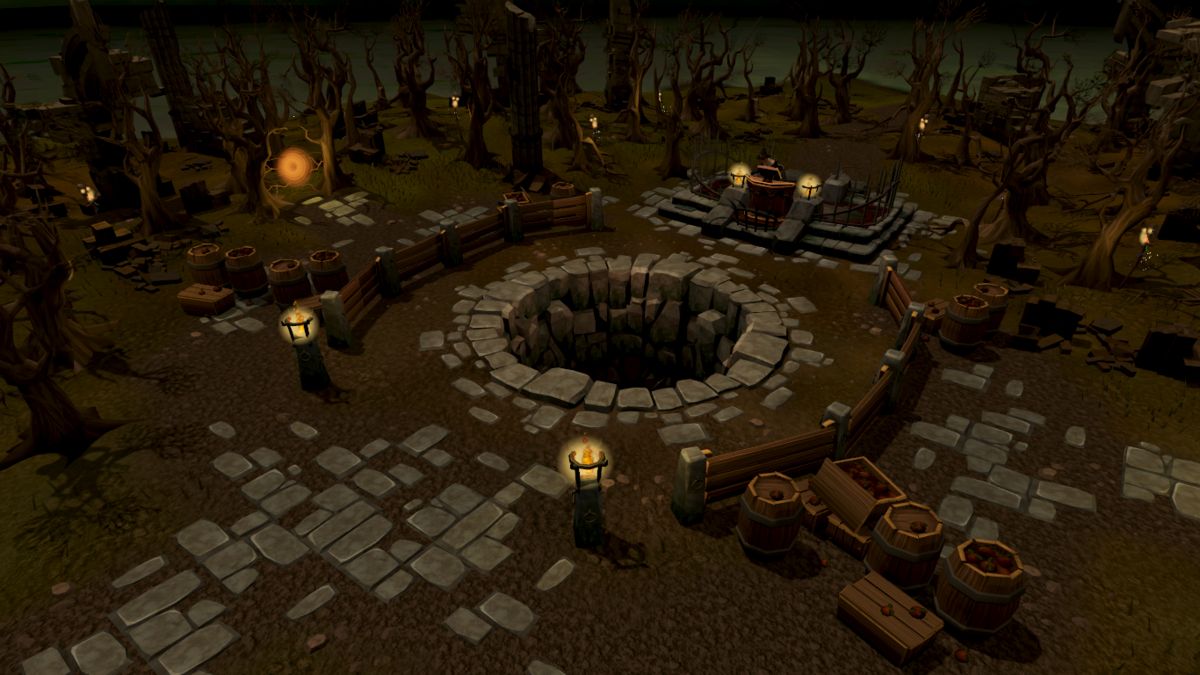
When I was growing up, Botany Bay was the name of a converted mill in Chorley, north-west England, with a soft play area that boasted an enormous ball pit. Some Lord of the Flies antics must have gone down since then, because by 2012, Botany Bay was a prison island in Runescape where cheaters were tried for their crimes.
Accounts caught botting were teleported to this bleak rock and subjected to a scalding speech from the Botfinder General, who instantly passed a verdict of guilty. From there, sentencing became a spectator sport, with players hurling rotten fruit from the stands and voting on suitable punishments. Botters could be crushed by the Claw of Justice, swallowed by an abyssal wyrm, or blasted apart by a ray of light from a vengeful deity. It’s nice to know that, even at the end, Botany Bay was a centre for affordable and family-friendly entertainment. — Jeremy Peel
GTA Online’s dunce caps

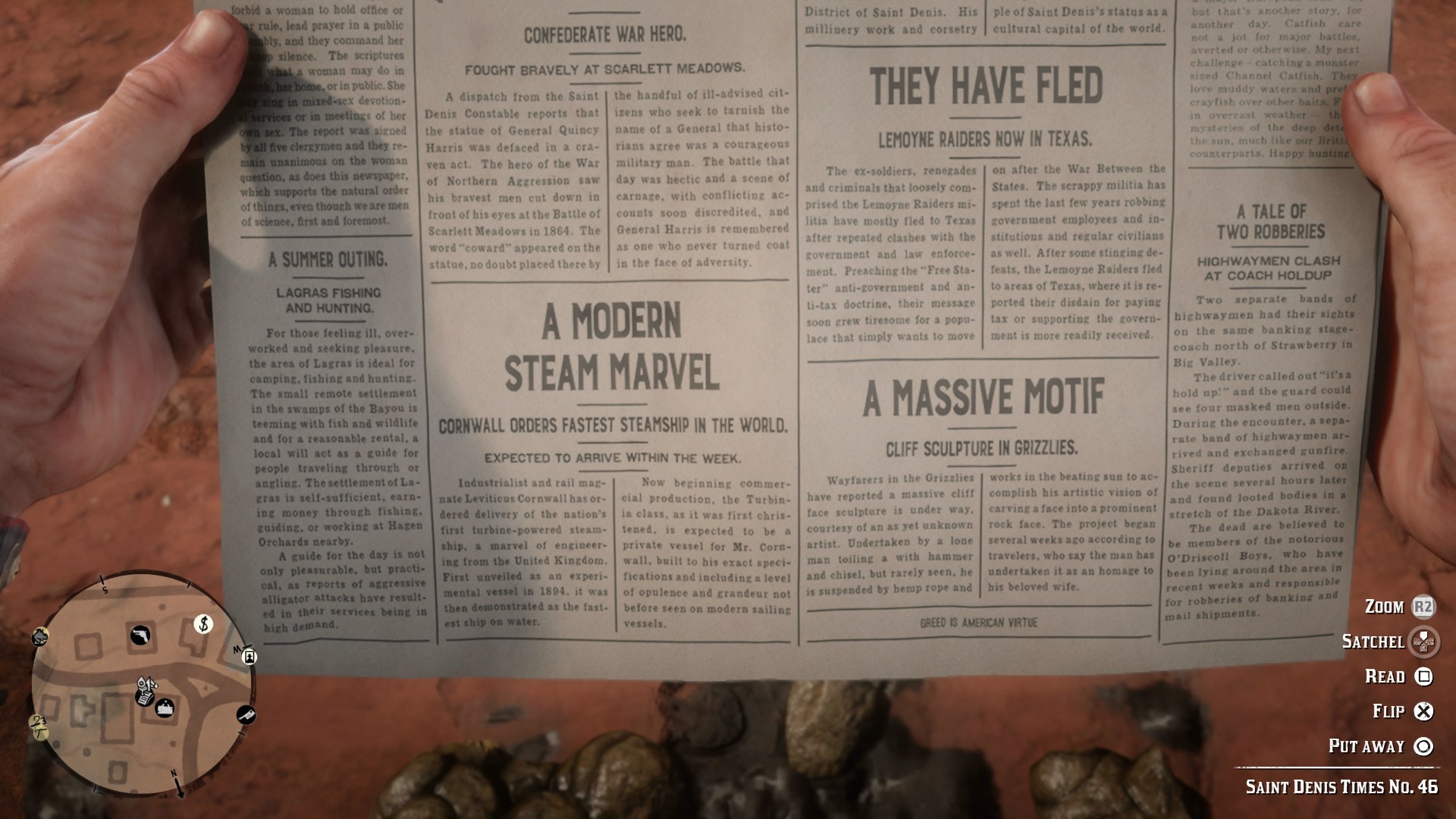
Fallout 4 cheats
Minecraft commands
Red Dead Redemption 2 cheats
GTA 5 cheats
The Sims 4 cheats
Ark: Survival Evolved cheats
Confusingly for a series about being a wanton criminal, GTA Online will punish you for becoming what Rockstar refers to as a bad sport. If you blow up other players' custom cars, repeatedly drop out of missions before they're finished, or get reported for being annoying, there's a chance you'll be declared a bad’un.
This means you can only join lobbies with other badly behaved players, and you may even end up sporting a pointy dunce cap, so everyone knows what a jerk you are. I guess even GTA multiplayer needs some semblance of law and order to remain playable, but surely the entire point of these games is to be an awful person?
If anything you should be given a crown for being an asshole, which other players can then steal by being an even bigger one. Except for anyone who gets reported for making weird breathing noises, or playing music, down their mics. Those people should just get lifetime bans, or a hat in the shape of a turd they can never remove. — Andy Kelly
Serious Sam 3's scorpion
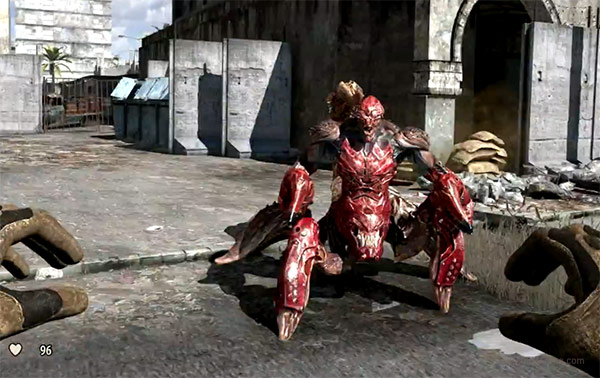
You might think DRM stands for 'Digital Rights Management', but in Serious Sam 3 it stands for 'Definite aRachnid Murder.' Anybody who made the mistake of pirating Croteam’s 2011 shooter were fated to do endless battle with a super-fast and nigh-immortal scorpion. Officially known as an Adult Arachnoid, this eight-legged enemy would constantly harass the player with its twin chainguns, making the game impossible to play.
At least, that was the idea. But one should never underestimate the gaming community’s ability to respond to a perceived challenge. Not only have some players beaten the game with the scorpion DRM enabled, scorpion speedruns have been completed, as the video below shows.
Should you want to (legally) attempt to face down Serious Sam 3’s DRM scorpion, there’s a mod available on the game’s Steam Workshop that unleashes the pirate’s nemesis. You can download it here, although I’m honestly not sure why you’d want to. — Rick Lane
Game Dev Tycoon’s hard business lesson
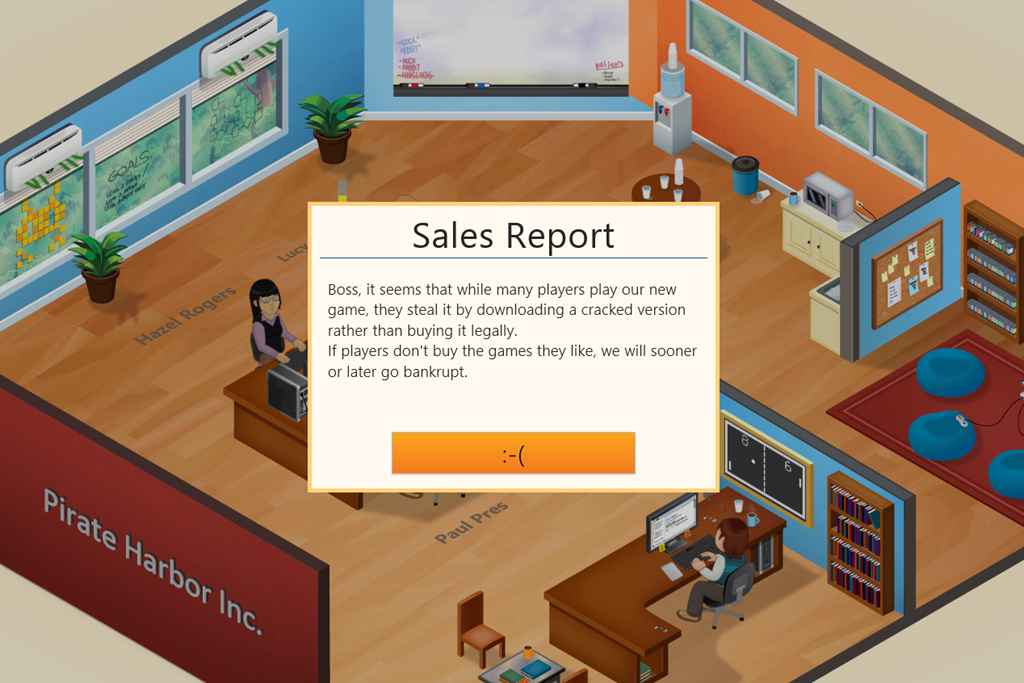
Piracy is particularly hard on indie developers, who often lack the copy protection measures big publishers have available to them. That's why Game Dev Tycoon developer Greenheart Games came up with a unique solution to both stop players from pirating their game and make them aware of their actions. The studio spread fake 'cracked' versions of Game Dev Tycoon to illegal downloading sites.
The cracked version starts out just as expected. A few hours into the game, however, a message informs players that piracy harms game developers, leading to bankruptcy. Afterwards, the virtual in-game company's profits start to decrease automatically until the game ends, effectively giving pirates a taste of what they're doing to real studios. Highlighting the cost of piracy in this way is certainly an effective, if elaborate measure. But I doubt it gave anyone who was willing to pirate in the first place a bad conscience or change of heart. — Malindy Hetfeld
Alan Wake’s pirate eyepatch
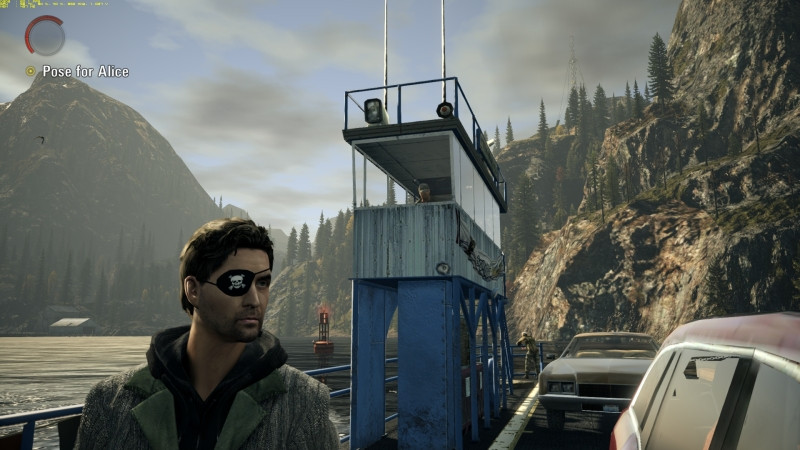
In retrospect, Remedy forcing Alan Wake pirates to play the game with Alan wearing an eyepatch doesn’t seem like much of a punishment. Sure, it means Alan sees the world as if he had a particularly heavy Halloween and lost his depth perception, but it doesn’t impact the core experience in any meaningful way. If anything it makes the game better. Alan Wake isn’t exactly a sensible game to start with, but it takes itself so seriously. At least this way Alan looks like he’s enjoying himself, the miserable git.
Perhaps Remedy coded the eyepatch to affect the player’s aim, but put it on the wrong eye. Or maybe they hoped it might encourage players to consider the ill fate of actual, real-life pirates. Blackbeard was only 38 when he was killed in battle with the British, while Calico Jack was hanged for piracy at 37. Then again, Henry Morgan lived until 53, when he died of natural causes, so maybe it’s not quite the warning it appears.
Remedy carried the same punishment over to Quantum Break, meaning either it was more effective than its practical ramifications suggest, or Remedy simply like to make games rated Arrrrrrr. — Rick Lane
Rockstar’s brutal account wipe
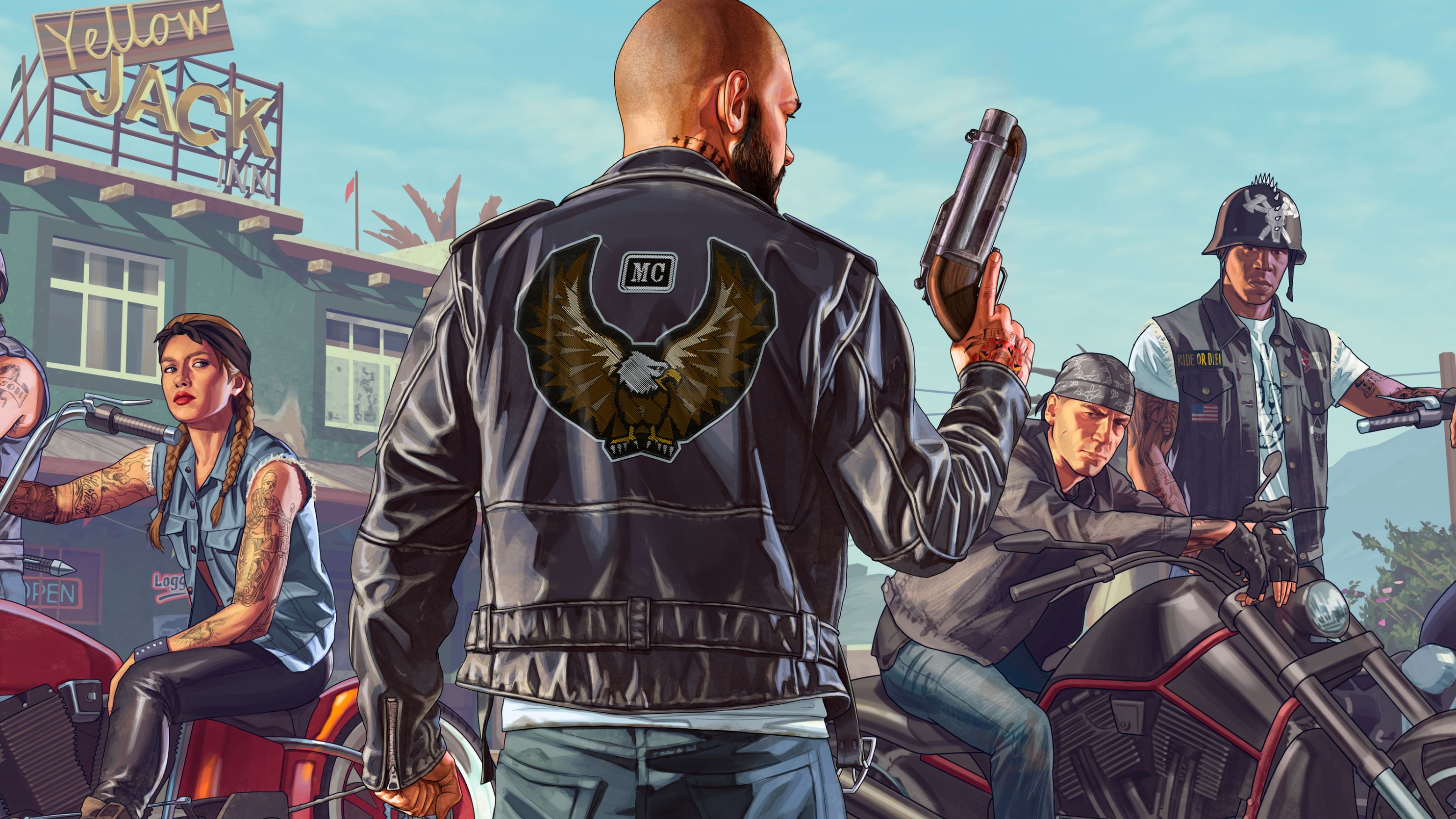
If cheaters have learned one thing from their shenanigans, it’s that you maybe don't mess with a juggernaut like Rockstar, especially after the apartment garage glitch incident. This trick allowed GTA Online players to purchase properties and then use some menu magic to dupe the game into giving them millions of in-game dollars. Since that's obviously against the rules of the game, Rockstar stepped in and handed out a punishment so quick and severe it was quite shocking.
Instead of simply deleting the money that players hadn't properly earned, Rockstar went for the jugular and unleashed a wave of full account resets, wiping out characters that players had been working on for years in an instant. It's one heck of a punishment, but clearly Rockstar wanted to make an example, and what an example it was. — Rachel Watts
Neverwinter Nights' player-made justice
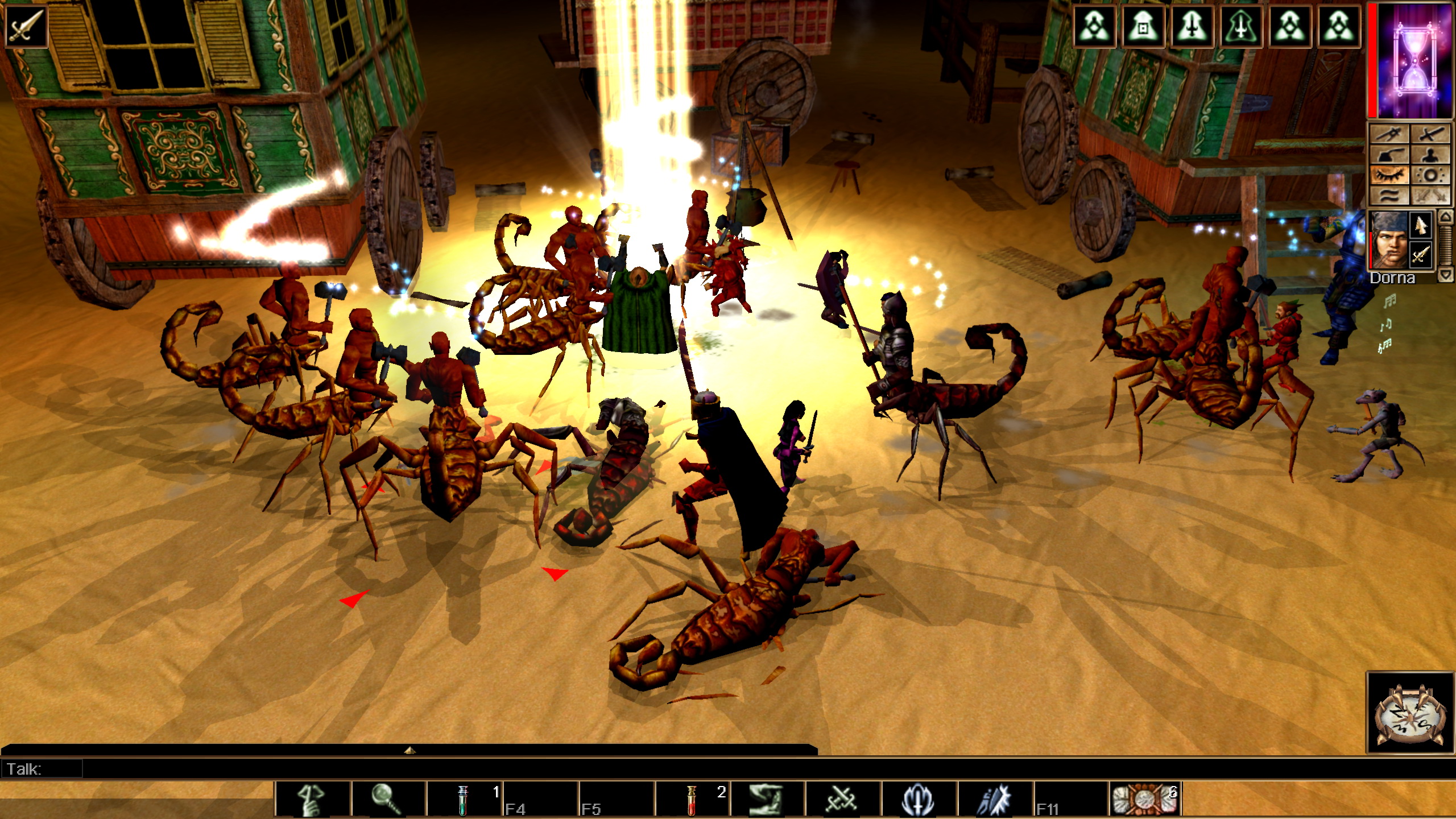
In my old Neverwinter Nights persistent world—one of countless little roleplaying MMOs spawned by the robust Aurora Toolset—we took a more civilised approach to bad behaviour. We didn’t have to worry about cheaters, but sometimes players would break the in-game laws of the land, at which point our judicial system kicked in.
One player was arrested for bringing a giant into the city (for a quest) and had to pay off a fine to avoid jail. Another one wasn’t so lucky, and after a lengthy trial (with defence lawyers, prosecutors, a judge and a sizable audience of players and NPCs) they were found guilty of assaulting an NPC shopkeeper, the punishment for which was the loss of one hand. They’d just taken the dual-wielding perk. Justice was a bit bloodthirsty that day. — Fraser Brown
Jeremy Peel is an award-nominated freelance journalist who has been writing and editing for PC Gamer over the past several years. His greatest success during that period was a pandemic article called "Every type of Fall Guy, classified", which kept the lights on at PCG for at least a week. He’s rested on his laurels ever since, indulging his love for ultra-deep, story-driven simulations by submitting monthly interviews with the designers behind Fallout, Dishonored and Deus Ex. He's also written columns on the likes of Jalopy, the ramshackle car game. You can find him on Patreon as The Peel Perspective.

